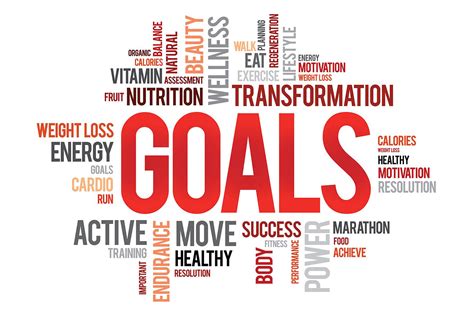
As a personal trainer, I often get asked about the benefits of functional training and how it can improve everyday movements.
Functional training is a type of exercise that focuses on training the body to perform activities in real-life situations. This means that functional exercises are designed to mimic the movements we use in our daily activities, such as lifting groceries, carrying kids, or climbing stairs.
The benefits of functional training are numerous. First and foremost, it improves our functional mobility, which is the ability to move freely and easily in all directions. This can help us perform daily tasks with less effort and discomfort.
Functional training also improves our stability and balance, which can help prevent falls and injuries. It also strengthens our core muscles, which are essential for maintaining good posture and preventing back pain.
Additionally, functional training can help improve our overall fitness and cardiovascular health. By performing functional exercises that involve multiple muscle groups and raise our heart rate, we can burn more calories and improve our heart health.
But perhaps the most significant benefit of functional training is that it can make our everyday movements feel easier and more effortless. By training our bodies to perform common movements in a more efficient and effective way, we can improve our quality of life and reduce the risk of injury and pain.
If you’re looking to improve your functional fitness and everyday movements, Jean Paul Rivas can help. With a personalized training plan, Jean Paul Rivas can help you incorporate functional exercises into your routine and achieve your fitness goals. Contact Jean Paul Rivas today to learn more and get started on your functional fitness journey.
